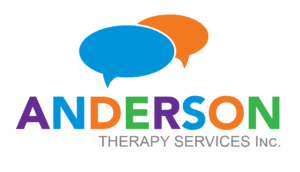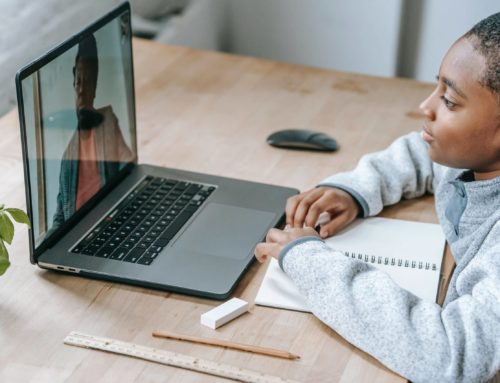Tips For Developing Vocabulary
Tips for developing vocabulary
Language is all around us from the moment we are born. At around 2 years of age, most children are able to use 200 words and acquire around 10 new words a week.
The rate of vocabulary acquisition slows, but by adulthood, our vocabularies have expanded to approximately 20,000 words and we continue to learn new words throughout our lives.
Our mental word bank or “lexicon” consists of receptive vocabulary (the words we understand) and expressive vocabulary (the words we use when speaking to others). Children have to understand a word before they can use it, so their receptive vocabulary is usually more developed than their expressive vocabulary.
Here are 5 ways you can help to build your child’s vocabulary:
1) Talk to your child regularly and model new words:
When talking to infants, “baby talk” is helpful. Using an exaggerated intonation, greater rhythm and repeating the same words over and over has been shown to help children pay closer attention to speech and learn new words.
Involve children in everyday routines by narrating what you are doing, what you did and what will you will do next – “We are finished eating, it’s bath time” “First we wash our hair, next our arms, then our bellies” “When we are all done we will dry off with the towel.”
Expand on what your child says. Reinforce what your child says by repeating the word, but then adding a new word e.g.
Child: “I’m jumping” / Parent: “yes you’re jumping high”
2) Label everything
Give a name and description of things that you see and use, such as “this is a hammer, we can use it to bang in nails”. You can play a fun game of putting objects from around your home or outdoor environment into a bag or box. Your child has to put their hand in, feel the item (maybe guess what it is) and then pull it from the bag and talk about it!
3) Read, read, READ!
Reading to your child is one of the best ways to help build and expand on their receptive and expressive vocabulary. This is because there is typically a much larger variety of words used in written language. As you read, point to the different pictures you are reading about and add some describing words. Doing so will help your child link the new word and its meaning and help them begin to use them in everyday conversations. For example: “look at these cupcakes – they look colourful and delicious”
4) Allow your child to become the storyteller
When reading a book, allow your child to take a turn reading (if they can’t read they can make up their own story to go with the pictures). Ask them to predict what may happen in the story.
For school-aged children ask them to tell you about their day at school and what they learned. This is an opportunity to practice any new vocabulary they have learned and for them to ask about any new words they may be unsure of.
5) Be positive
When learning new words avoid pointing out any mistakes with articulation or grammar. Children need to say words several times before they become clearer, and grammar also takes time to develop.
Instead, praise their efforts and repeat what your child said using the correct sounds and words.
Child: “hopital” / Adult” “that’s very close, let’s try breaking up the word – “hos-pit-al” and try it together”
Learn More About Vocabulary Development
Our team at Anderson Therapy Services works hard to ensure that each session is catered to individuals based on their needs. If you have any concerns regarding your child’s speech-language development, call us today to receive more information on our services. Our team would be happy to assist you with any questions or concerns you may have.






